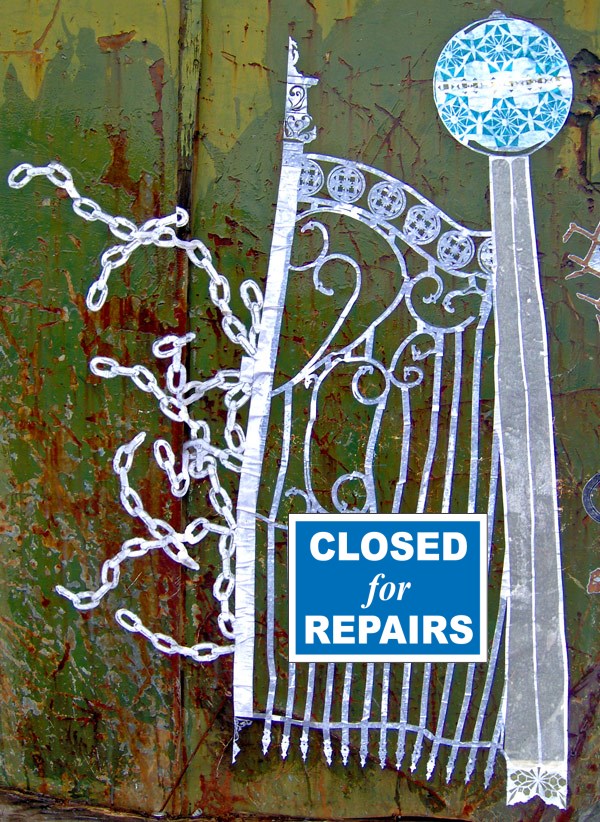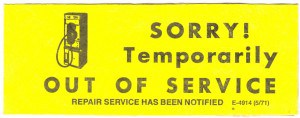
Image: Bloomberg News
Elections don’t have consequences if you happen to be a favored board member overseeing Cablevision.
For the third time in four years, the cable company has decided to keep several board members that shareholders voted against.
Vincent Tese will keep his board seat despite the fact 54.8 percent of shareholders wanted to show him the door. Leonard Tow was given a thumbs-down by almost 52 percent of voters and Thomas Reifenheiser squeezed by with a margin of just 0.5 percent.
Tese and Reifenheiser failed to win a majority of shareholder support in 2010, 2012, and again last month, but they will keep their board seats because Cablevision’s other board members said so. The zombie board members may be dead to those who hold shares in Cablevision, but as long as the board can collectively override shareholder wishes, they can stay.
That prompted New York City comptroller John Liu to recommend shareholders vote against all five Class A directors this year, because they are responsible for allowing the losing board members to stay.
“Shareowners delivered a stinging rebuke to the five Cablevision directors we opposed for being ineffective and unaccountable, including majority votes against two of them,” Liu said. “Both Mr. Tese and Dr. Tow, should immediately step down. In Mr. Tese’s case, this is the third majority vote against his directorship in the past four years. Enough is enough.”
“As fiduciaries, we can’t sit by and let the board make a mockery of our fundamental right to elect directors,” Liu added. New York City owns more than 530,000 shares of Cablevision stock, part of the pension fund portfolio Liu oversees. “Share owners need accountable directors who will ensure the company isn’t being run for the benefit of insiders at our expense.”
 The New York Times reports shareholders have plenty to grumble about:
The New York Times reports shareholders have plenty to grumble about:
Over the last two years, while the Standard & Poor’s 500-stock index has rallied to a new high, Cablevision shares have dropped from more than $36 a share to under $15, where they were trading this week. Yet Cablevision’s chief executive, James Dolan, earned $16.9 million last year, and his father, Charles, earned $16.6 million as chairman — an unusually high amount for a chairman who is not serving as chief executive. Both payments were about 50 percent higher than the year before. In addition to their compensation, the two Dolans get a full-time car and driver as well as access to a helicopter and jet for personal use. Institutional Shareholder Services noted there was a “disconnect” at the company between performance and executive pay.
Mr. Tese, Mr. Ryan and Mr. Reifenheiser make up the compensation committee of the board, which approves the Dolans’ compensation.
Mr. Tese, a former chief executive of the New York State Urban Development Corporation and former director of economic development for New York State, was also Bear Stearns’s lead director before its collapse in 2008 and served on its finance and risk committee. “Given the significant lack of oversight provided by Mr. Tese during his tenure at Bear, particularly in the area of risk management, we believe he should not continue to serve on any public company board,” the proxy advisory service Glass, Lewis & Company said last year. Mr. Tese is a member of four boards, including that of Madison Square Garden, which was spun off by Cablevision and is also controlled by the Dolan family.
Mr. Ryan and Mr. Reifenheiser were both members of a special committee that approved an ill-fated proposed buyout of the company by the Dolans in 2007. Independent shareholders blocked the deal on grounds that the Dolans’ offer was self-serving and too low. “Its improvident support by the special committee is among the reasons we have lost confidence in Messrs. Reifenheiser and Ryan,” Mr. Liu wrote in his recent letter to the company.
Last year, Cablevision paid Mr. Tese $233,967, Mr. Ryan $247,508 and Mr. Reifenheiser $220,786 in cash and stock, according to the company’s proxy statement.
Not so fast, says Cablevision spokesman Charles Schueler.
“These directors have served Cablevision shareholders well and we look forward to their continuing contributions. Our shareholders know that Cablevision is a controlled company and they understand the rules by which our directors are elected.”


 Subscribe
Subscribe Back in the fall of 2010, British billionaire Alki David fired a salvo against major broadcast networks in the United States and United Kingdom with the
Back in the fall of 2010, British billionaire Alki David fired a salvo against major broadcast networks in the United States and United Kingdom with the  WCBS (CBS)
WCBS (CBS) WRC (NBC)
WRC (NBC)
 All Arcadia, N.Y. town supervisor Dick Colacino wanted was for Time Warner Cable to consider using some of their profits to expand their cable system by one or two roads a year to offer service where it has earlier refused to go.
All Arcadia, N.Y. town supervisor Dick Colacino wanted was for Time Warner Cable to consider using some of their profits to expand their cable system by one or two roads a year to offer service where it has earlier refused to go. Time Warner representative Chris Mueller says the cable operator has already cut that benchmark to 20 miles per home, but areas remain that do not meet even that reduced standard. Without an appropriate return on investment within a certain time frame, Time Warner Cable won’t wire those areas for service.
Time Warner representative Chris Mueller says the cable operator has already cut that benchmark to 20 miles per home, but areas remain that do not meet even that reduced standard. Without an appropriate return on investment within a certain time frame, Time Warner Cable won’t wire those areas for service. Despite findings from an independent consultant that reported West Virginia wasted millions on a broadband expansion effort that effectively built a private, taxpayer-funded fiber network for Frontier Communications, the governor’s office abruptly canceled a 2011 follow-up state audit of the $126.3 million project.
Despite findings from an independent consultant that reported West Virginia wasted millions on a broadband expansion effort that effectively built a private, taxpayer-funded fiber network for Frontier Communications, the governor’s office abruptly canceled a 2011 follow-up state audit of the $126.3 million project. Among ICF’s findings:
Among ICF’s findings: A major critic of the broadband stimulus program in West Virginia, Citynet President Jim Martin, has long said the broadband project was primarily going to benefit Frontier.
A major critic of the broadband stimulus program in West Virginia, Citynet President Jim Martin, has long said the broadband project was primarily going to benefit Frontier. “I will be dead in the ground before Verizon gets around to restoring my phone line, and I have been their customer for 72 years,” says Irene, 95, one irate now-ex Verizon customer in New Jersey.
“I will be dead in the ground before Verizon gets around to restoring my phone line, and I have been their customer for 72 years,” says Irene, 95, one irate now-ex Verizon customer in New Jersey. Irene’s great-grandchildren visit with cell phones in hand and cannot understand why Irene still bothers with her home phone, and the family purchased her a cell phone for Christmas to use in the interim but Irene has thrown it in a drawer.
Irene’s great-grandchildren visit with cell phones in hand and cannot understand why Irene still bothers with her home phone, and the family purchased her a cell phone for Christmas to use in the interim but Irene has thrown it in a drawer.